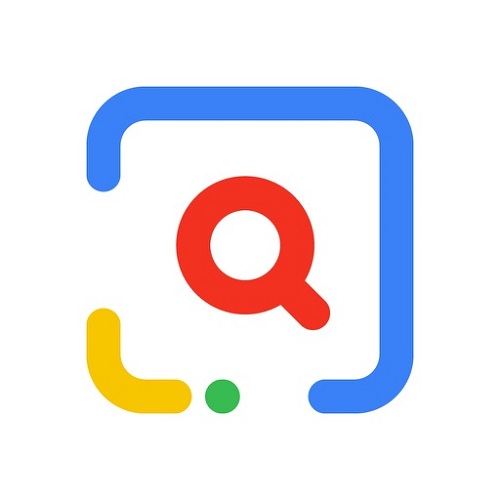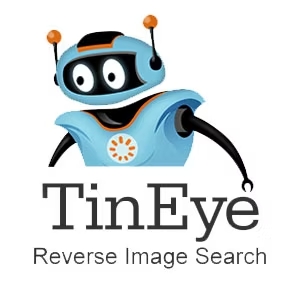Don’t you loathe when after searching for an image by entering different keywords in different search engines, you finally find the one you need only to realize that it’s not the right size or resolution for your template?
It is a very common problem. After all, while we have billions of images to choose the one that best illustrates our slide or best adorns our web page, it’s getting harder and harder to find that one in the size we need.
In general, the solution would be to download and modify it with a design software that can adapt it to the template or theme we are working on, but this can take several minutes for each image, and if our publishing tool requires to share the link of the picture, we will also have to re-upload it after editing it.

Luckily, there is another much faster solution. Using a reverse search API we can search the web for all the images that resemble the photograph we want to use until we find the one that has the size and resolution we need.
These APIs work by identifying the most distinctive features of an image to create a kind of fingerprint of it. With it, they perform a search to identify those images that most resemble the requested one. This way you can search for examples of the same image on different websites, until you find one of the appropriate size for your project.
In the following, we present four of the best and easiest image search APIs to find different sizes of images.
The first thing that strikes you about Reverse Image Search API is its simplicity, being able to be used by the most beginner user. However, as it is used, the user will discover more and more advanced features with which to filter searches.
To begin with, just by pasting the URL of the image you want to find into the search engine, this tool will recognize it and return search results with all the similar images. From this simple mechanism, the Reverse Image Search API can be used for a variety of purposes.
The simplest thing would be to get a series of size and resolution options for the same image. This saves us the time of editing the photos that we want to use so that they fit our WordPress templates or themes.
Pixsy allows you to import images from different sizes and sources, either through social network sites, files that are stored in the cloud or upload them directly from your PC storage. This makes it even easier to perform the search when you are working with different sources during the day.
Pixsy is an API designed to provide business solutions. Thats why, in addition to the possibility of automating the search, the company plans to provide advice regarding possible copyright infringements.
TinyEye is one of the most popular digital tools for performing reverse image searches, and this is not a surprise. Its simplicity and efficiency offers a quick solution for those who eventually find themselves with the need to carry out a quick image search.
Hiring the TinyEye business plan also has the possibility of automating the search in such a way as to notify you if the company’s images are being used without consent.
Despite its similar appearance to many of the APIs mentioned here, Picsearch has the distinction of offering the user a variety of different results in the same search.
Picsearch‘s main users are marketers looking for particular images or photos that are associated with a keyword. This way they know which images should be used for a particular campaign.
In addition, it contains filters in which you can specify the search by different sizes or resolutions from the “Advanced Search” option, which can also be useful for those who constantly work with images and need to find files of a specific extension or size.
Incorporating a reverse image search API into your daily duties will give you a sense of how much easier image search may be. While there are many additional choices available in addition to the ones discussed above, selecting one and starting to examine its features would be the next step.





